The Abolitionists
The story of how abolitionist allies William Lloyd Garrison, Frederick Douglass, Harriet Beecher Stowe, John Brown and Angelina Grimke turned a despised fringe movement against chattel slavery into a force that literally changed the nation.
Previews + Extras
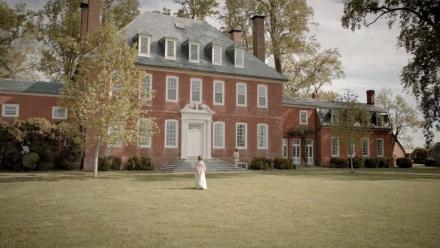
Angelina Grimke Rebels
S25 E12 - 2m 59s
The daughter of one of South Carolina's first families, Angelina Grimke lived in luxury. But she also believed slavery was a sin and God would punish people who had slaves.
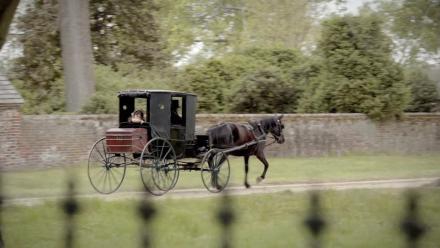
Angelina Leaves Home
S25 E12 - 1m 37s
In the fall of 1829, Angelina Grimke resolved to leave Charleston and the pollutions of slavery, for an uncertain future in the North
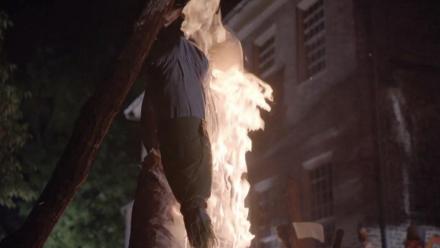
Burning Abolitionist Literature
S25 E12 - 1m 58s
The Anti-Slavery Society's great postal campaign of 1835 flooded the South with abolitionist literature. Instead of bringing about the end of slavery, it triggered a wave of repression. In Charleston, SC, 3,000 people gathered in Post Office square to destroy anti-slavery materials and burn Garrison in effigy.
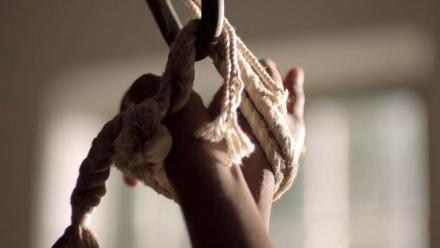
Frederick Douglass Begins to Understand Slavery
S25 E12 - 2m 10s
At six years old, Frederick Douglass had just begun his life as a slave when he witnessed his aunt get beaten brutally by her master. "It was the bloodstained gate, the entrance to the hell of slavery," he would later write.
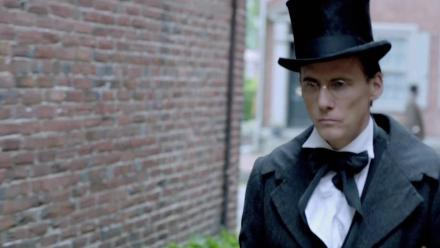
William Lloyd Garrison arrives in Boston
S25 E12 - 2m 7s
At 22, William Lloyd Garrison moved to Boston and settles on the abolition of slavery as the cause that will give meaning to his life.
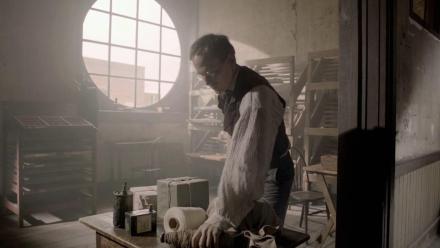
Garrison Publishes "The Liberator"
S25 E12 - 2m 21s
William Lloyd Garrison published the first issue of "The Liberator" on January 1, 1831 with financial support from both black and white abolitionists. "There shall be no neutrals," he declared. "Men shall either like or dislike me."
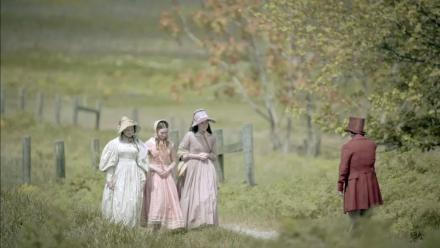
Harriet Beecher Stowe Visits a Slave State
S25 E12 - 2m 21s
Having recently moved to Cincinnati with her family, Harriet Beecher visited the slave state of Kentucky in 1833, staying here at the Marshall Key House. While in Kentucky, she witnessed slavery up close for the first time. The house now operates as the Harriet Beecher Stowe, Slavery to Freedom Museum.
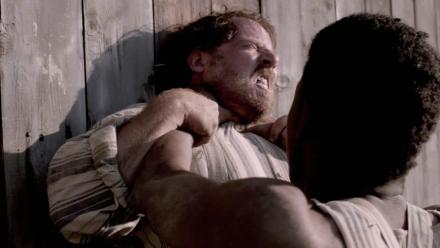
Frederick Douglass Reacts
S25 E12 - 2m 59s
In 1833, Frederick Douglass was sent to a slave breaker to be beaten back into submission. After six months of beatings, Douglass fought back. "I was nothing before. I was a man now."
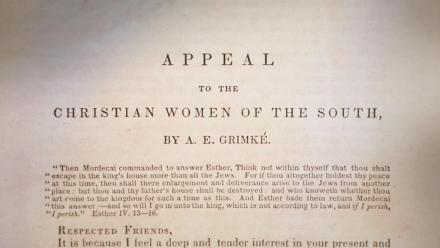
Angelina Grimke Goes Public
S25 E12 - 2m 59s
After reading reports of pro-slavery violence, Angelina Grimke decided she could remain silent no longer. She published a letter in "The Liberator" and wrote "An Appeal to the Women of the South," urging them to work for the downfall of slavery.
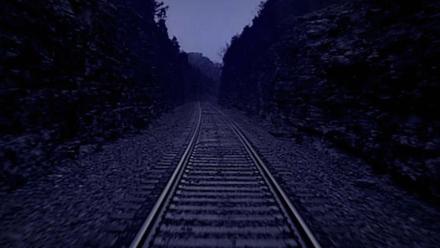
Why We Made The Abolitionists
S25 E12 - 2m 59s
The makers of The Abolitionists describe making a film about a "transformative moment in American history that stemmed from the actions of ordinary individuals."
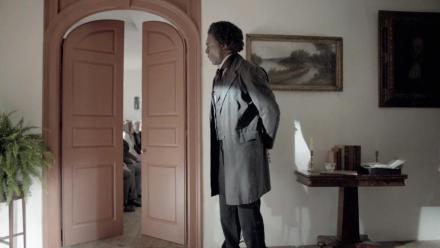
Garrison Introduces Douglass
S25 E12 - 2m 16s
William Lloyd Garrison speaks to a crowd of abolitionists in Nantucket, Massachusetts. He introduces the self-emancipated Frederick Douglass, soon leading to a powerful partnership with a common cause -- immediate abolition of slavery.
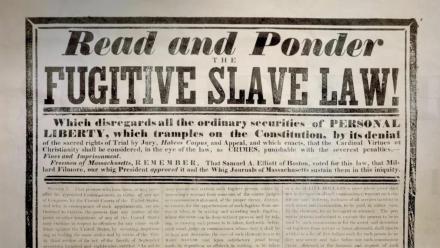
Fugitive Slave Act
S25 E12 - 2m 19s
The Fugitive Slave Law of 1850 made the hunting down of escaped slaves, even in free states, fully legal. To abolitionists, this represented a huge blow to their efforts. Not only had the federal government endorsed slavery, but it had also committed to preserving the institution indefinitely.
Similar Shows

Escape from a Nazi Death Camp
History

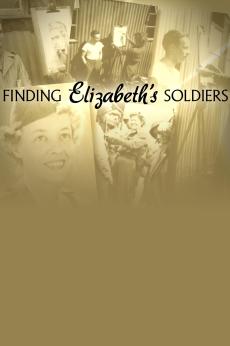
Finding Elizabeth's Soldiers
History
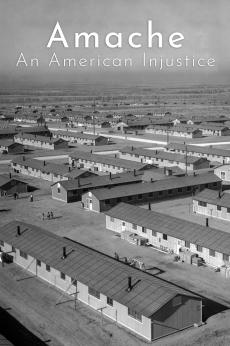
Amache: An American Injustice
History

Downing of a Flag
History

Stories of Survival
History

The Ghost Army
History
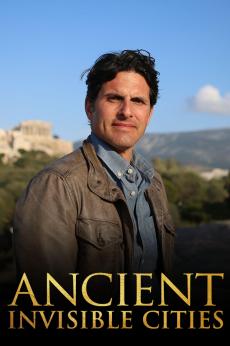
Ancient Invisible Cities
History

Time Team America
History

Hemingway
History
PBS PASSPORT
Stream tens of thousands of hours of your PBS and local favorites with WETA+ and PBS Passport whenever and wherever you want. Catch up on a single episode or binge-watch full seasons before they air on TV.